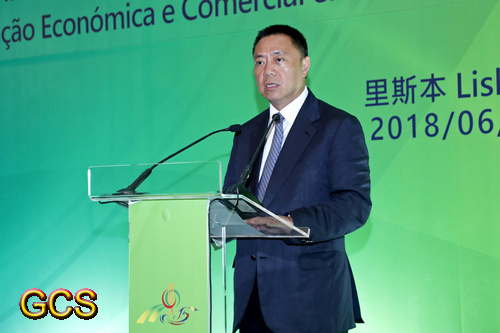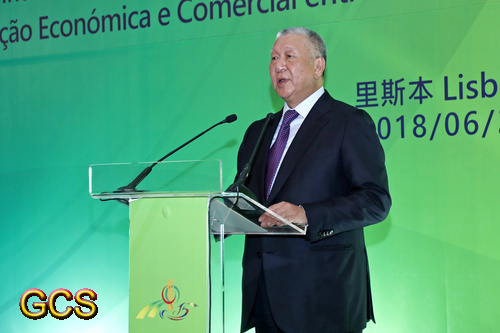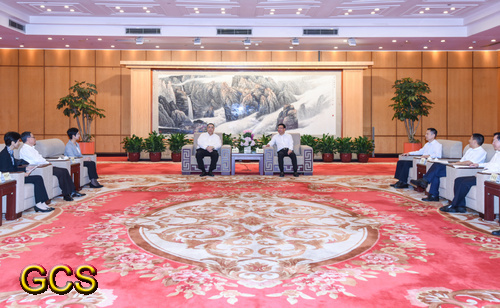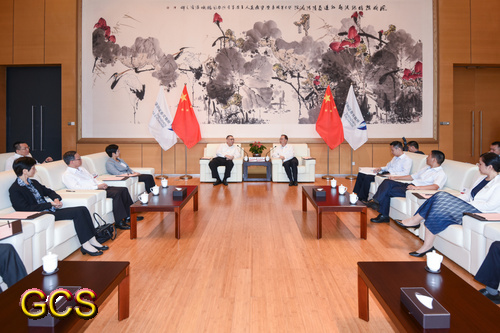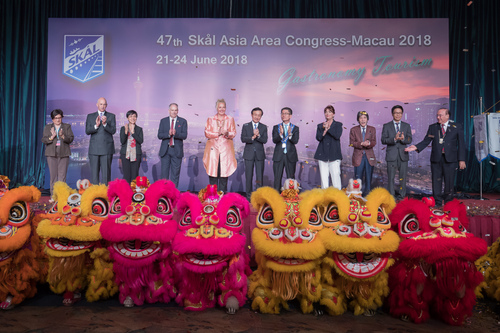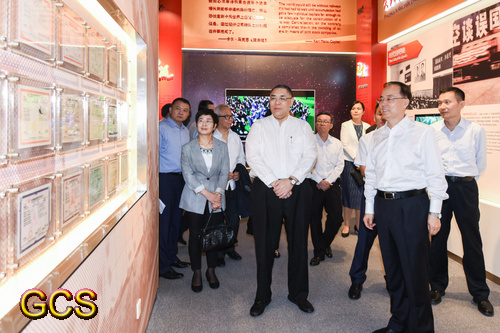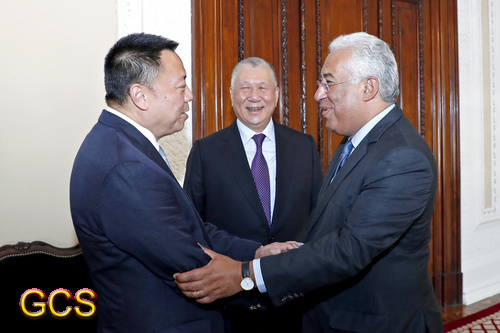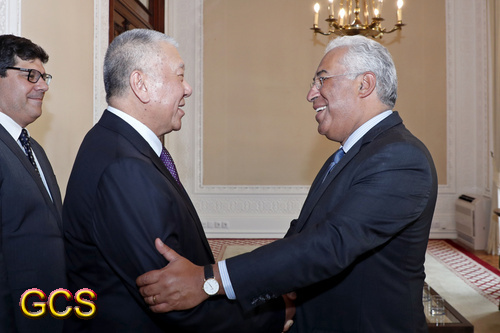Macao SAR Government Portal
News
47th Skål Asia Area Congress opens in Macao under the theme of Gastronomy Tourism
The 47th Skål Asia Area Congress officially opened today (June 22) in Macao congregating delegates from multiple branches of the tourism industry from Skål clubs across Asia in the city for their annual meeting. Hosted by Skål International Macau, with the support of Macao Government Tourism Office (MGTO), the congress is themed on Gastronomy Tourism, highlighting Macao’s designation as a UNESCO Creative City of Gastronomy.
…
Temporary Post Counter for "Festival de Celebração do Segundo Aniversário dos Pandas Gigantes Jian Jian e Kang Kang" Cancelled
Macao Post and Telecommunications Bureau announces that the Temporary Post Counter for the “Festival de Celebração do Segundo Aniversário dos Pandas Gigantes Jian Jian e Kang Kang”, that scheduled on 24th June at Seac Pai Van Park, due to the bad weather, will now be cancelled.
…


